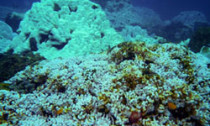
The severe loss of coral reefs that is expected to occur over the 21st century may be offset somewhat if corals are able to adapt to the heat stress caused by climate change, a new study suggests. The study has uncovered evidence that corals may already be adapting to temperature changes in the ocean. However, reductions in coral bleaching are only expected to continue if greenhouse gas emissions are significantly reduced. The study was published on October 28, 2013 in Global Change Biology.
Coral bleaching is a process whereby warm water temperatures trigger the release of symbiotic algae, called zooxanthellae, living within the coral tissue. The algae supply the coral with valuable nutrients from photosynthesis...
Read More


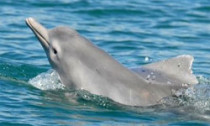
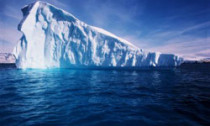
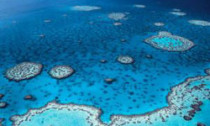

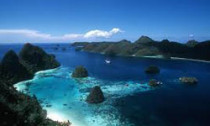
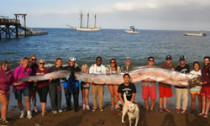
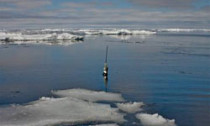
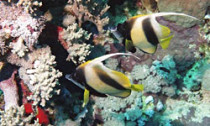


Social Profiles